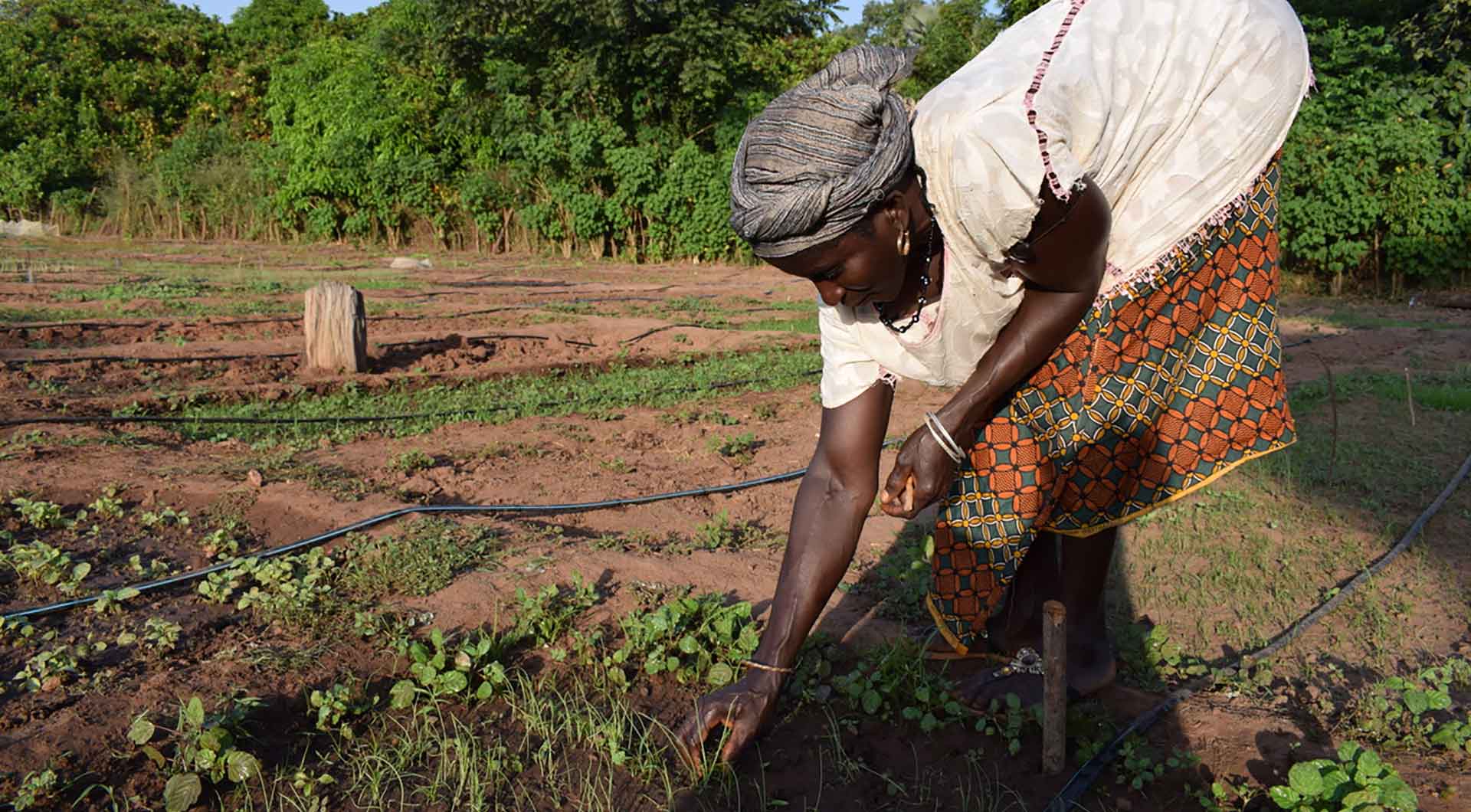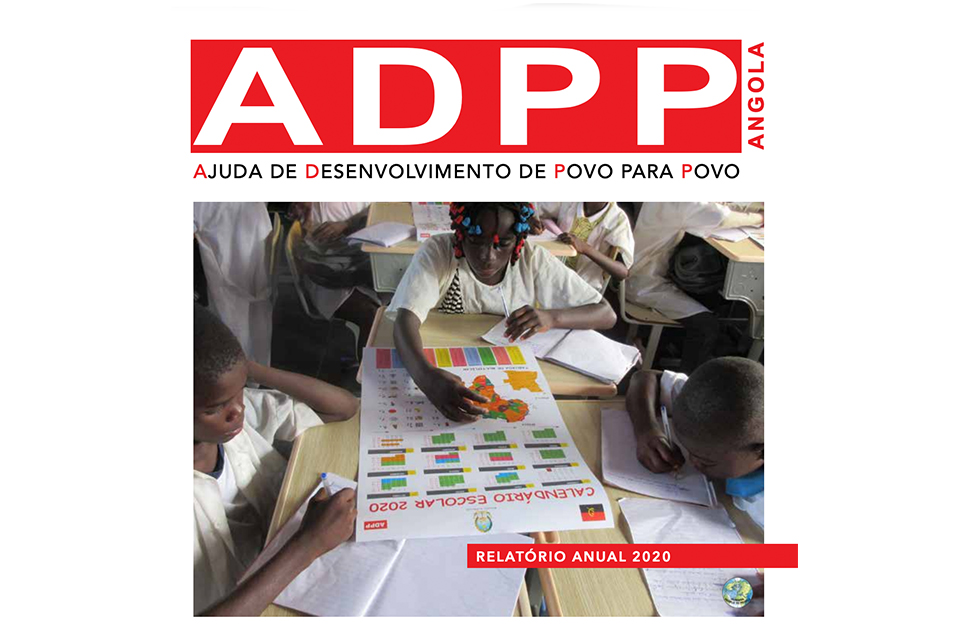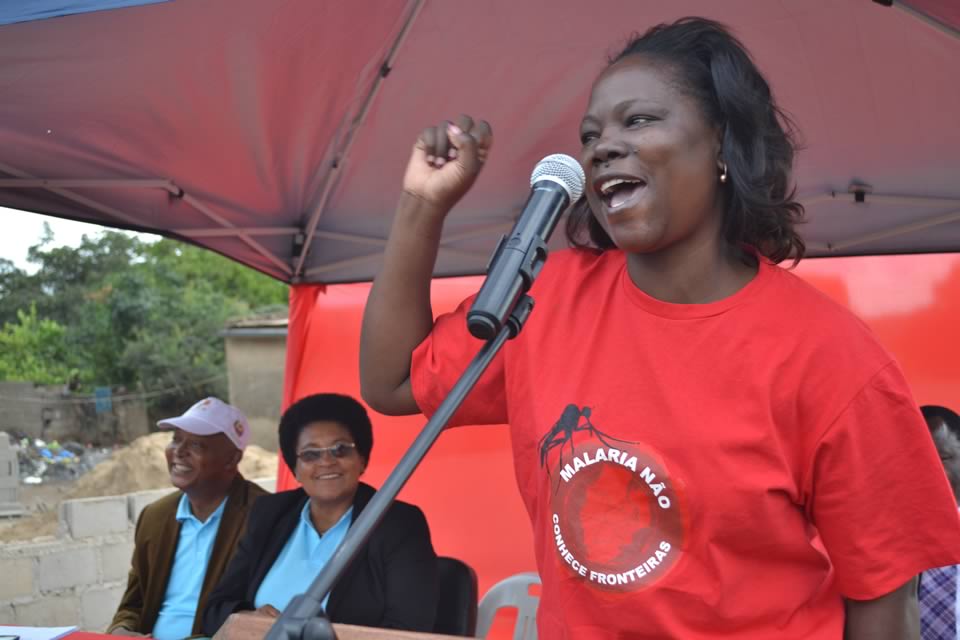
The 53rd World Environment Day is being commemorated amid a struggling planet and a failing environment, causing more people to go hungry every day due to climate change, a result of unsustainable practices by us, the people of this planet. It is a dire and worrying situation.
Today’s food crisis results from many issues, including climate change disrupting agriculture, a lack of support for smallholder farmers, and inequalities that prevent people from practising their agency. Feeding the world is not an easy responsibility, yet every day, smallholder farmers carry on despite facing the most pressure to feed the growing population with limited resources, whilst producing food under challenging situations. Smallholder farmers do not just cultivate crops; they nurture the land, positioning themselves as guardians of agricultural knowledge and the planet. Investing in their success is a moral obligation and a sound survival strategy.
“It is imperative to invest in building resilience and in adaptation to climate change. This cannot wait. Investing in small-scale food producers is also vital to ensure a food secure future. And sustainable, biodiverse food production is essential to achieve sustainable development and climate goals. This also means investing in the livelihoods of the most vulnerable men and women around the world,” says Alvaro Lario, President for International Fund of Agricultural Development (IFAD)
To end hunger sustainably, people must come together to defend their right to a healthy environment, which allows them to produce food in harmony with nature. Sustainable agriculture practices are a crucial response to achieving food security. We call on world leaders to adhere to commitments made to protect the environment, increase support towards smallholder farmers, reform land rights for women, and prioritise the adoption of food sovereignty.
At this event, we share some of the examples that ADPP Mozambique, a member of Humana People to People, is undertaking together with local communities to enhance agricultural resilience to climate change and achieve self-reliance, considering that 80% of the population in Mozambique makes a living from farming.
“The Reduced Rural Poverty and Inequalities project in the District of Mocuba, Zambezia Province” (with its popular name “Farmers’Clubs’ in Mocuba”) overall objective is to improve resilience and enhance the livelihood of smallholder farmers in Mocuba district. The farmers face challenges in infrastructure access to markets combined with an increasing number of climate-related disasters, such as floods, droughts and cyclones - posing a growing threat to their livelihoods.
The project works with 1,000 farmers, organised into 20 Farmers' Clubs, ensuring that at least 50% of the members are women and 5% are people living with disabilities, promoting inclusivity.
In Clubs, smallholder farmers are equipped with the knowledge and tools to build climate resilience, improve food security, increase income, strengthen health initiatives, grow organic food, and support farmers in participating in civic matters that affect them daily. The project trains 1,000 smallholder farmers in conservation agricultural practices, nutrition, market access, and financial literacy while introducing solar-powered irrigation and addressing gender barriers.
The project prioritises disaster risk reduction through information sharing on various platforms, including WhatsApp groups, to reach smallholder farmers and enhance their preparedness to reduce the impact of natural disasters on their livelihoods.
The ongoing empowerment of women and people with disabilities, as well as the involvement of youth in project activities through active participation, contributes to more inclusive community development. The established Farmers’ Clubs structures will ensure the continuity of sustainable agriculture practices to empower smallholder farmers. In 2024, the project reached more than 5.000 people in the district of Mocuba.
“We recognise the challenges that smallholder farmers face in feeding the world. In the face of climate change, through people-to-people connections, one community to the next, we build together every day with smallholder farmers to co-produce knowledge that inspires food security actions. Our goal is to feed the world in a transformative way in harmony with nature and to make food sovereignty a reality. Humana People to People continues to value the power of local action by people themselves and learning from communities on the frontline of sustainable development. “


